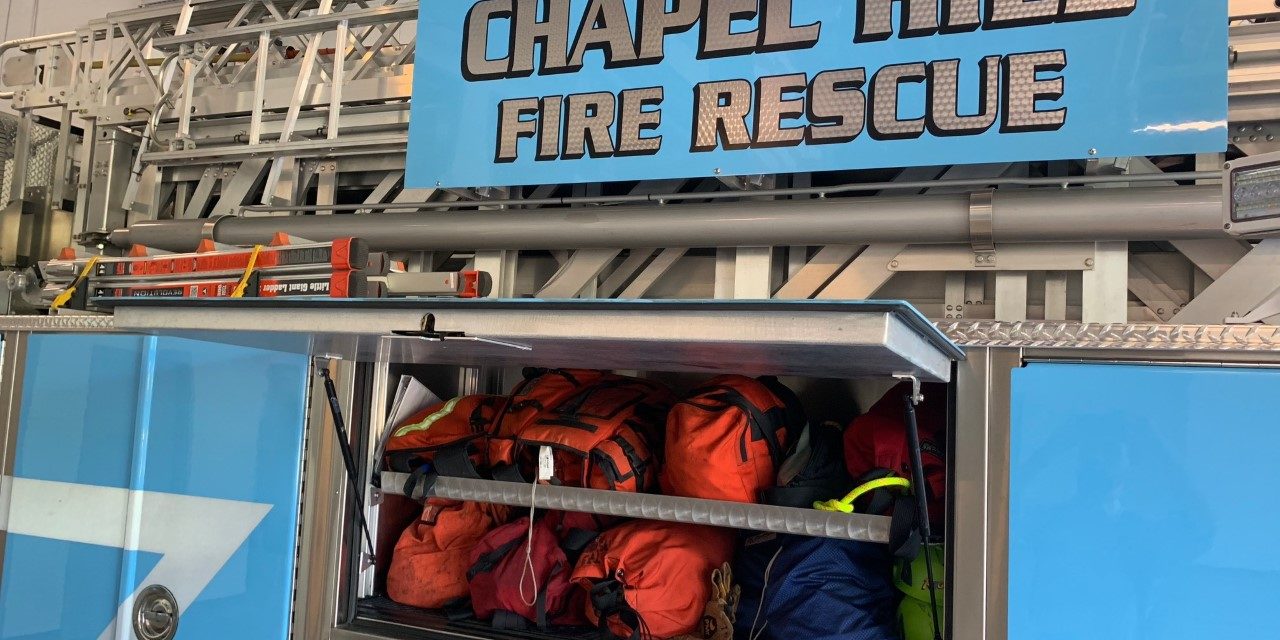As they fight the Covid-19 epidemic, hospitals and health care workers across the country are facing a shortage of personal protective equipment, or PPE.
But doctors and nurses are not the only ones who use that equipment – and therefore they’re not the only ones facing a shortage.
“Right now there’s a real shortage of PPE, so we’re doing everything to conserve what we can get,” says Chapel Hill Fire Chief Vence Harris.
Harris says first responders like firefighters rely on PPE for protection every time they respond to a call – including “gowns that cover our clothing, gloves, masks, and eye protection.”
And first responders are not the only ones. State Representative Graig Meyer says the PPE shortage is also a serious concern in agriculture.
“One challenge right now is that farmers are actually a primary user of PPE, particularly the N95 masks,” Meyer says. “That’s because when they spray pesticides … they need that level of protection for their workers.”
Rep. Meyer says he’s been in contact with state officials who are trying to address the problem – but it’s got to be done quickly, as farmers are heading into fertilizing season.
With so much demand, it’s not going to be easy to address the PPE shortage. But there is some good news. Local residents, businesses and other organizations have come through in recent weeks, donating PPE in massive numbers for hospitals and health care workers. Those donations will help make it easier for first responders, farmers, and other workers to find PPE as well.
And Chief Harris says his crews are taking steps to reduce the amount of PPE they use – and even find ways to reuse some equipment.
“We’ve reduced our response down to one person (instead of four) making contact” on a given call, Harris says. “(And) we’re looking at different ways to wear our structural gear – or anything else that can be decontaminated…
“We’re also exploring options with Duke University and UNC Health at maybe decontaminating those N95 masks. Those are real critical resources.”
And if you’re a farmer and you’re having trouble acquiring those masks and other PPE, Meyer says the advice from state officials is to contact your extension agent for help.
Related Stories
‹
![]()
Face Masks Make a Political Statement in Era of CoronavirusThe decision to wear a mask in public is becoming a political statement — a moment to pick sides in a brewing culture war over containing the coronavirus. While not yet as loaded as a “Make America Great Again” hat, the mask is increasingly a visual shorthand for a debate pitting those willing to follow health […]

Infectious Disease Experts: COVID-19 Presents Challenges to Tracing, ScreeningNorth Carolina’s trends indicate the spread of COVID-19 is being mitigated. But medical experts are warning about the challenges the state and country will face when containing the virus as they are gradually opened back up. State health officials and leaders have said there will be a ‘new normal’ for residents when the state begins to […]

North Carolina Historians Asking for Help to Remember PandemicNorth Carolina historians are already pondering how the COVID-19 pandemic will be remembered by future generations. The Department of Natural and Cultural Resources says it’s collecting objects, digital and physical documents and web content about what’s happening. Now it’s asking residents to share with the agency their experiences and to save materials that could wind […]
![]()
Africa Dangerously Behind in Global Race for Virus GearAfrica’s coronavirus cases have surged 43 percent in the past week but its countries are dangerously behind in the global race for scarce medical equipment. Ten nations have no ventilators at all. Outbid by richer countries, and not receiving medical gear from top aid donor the United States, African officials scramble for solutions as virus cases climb […]
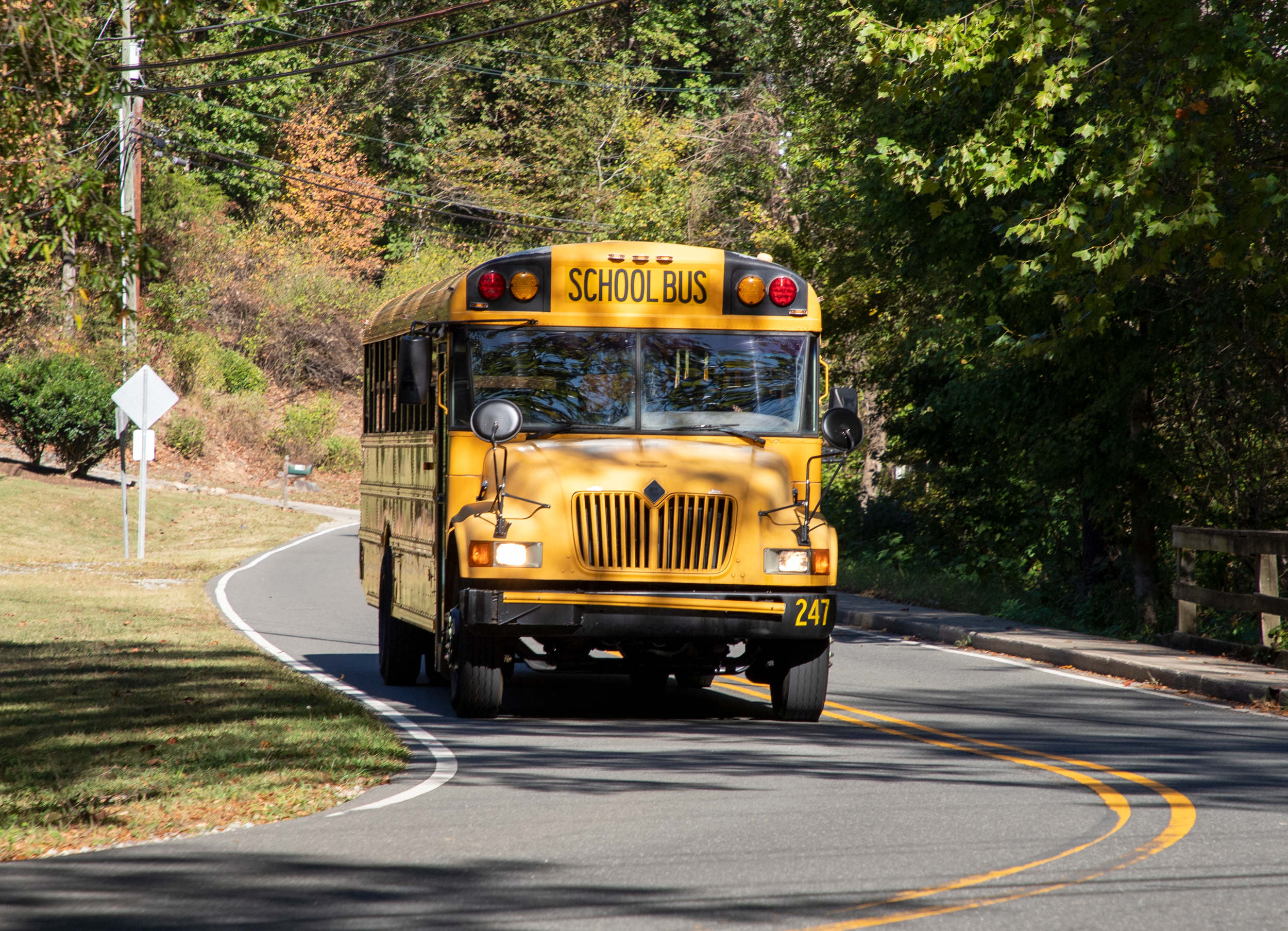
NC Legislature Considering Ways for Schools to Finish, Track Academic YearMany schools across North Carolina have been using online instruction methods for weeks now. But many questions still surround how remote learning will impact students’ grades, ability to retain information and growth. Orange County state representative Graig Meyer is on North Carolina’s House Education Committee. He recently shared an update from the group’s virtual meeting […]
![]()
Detained Immigrants Plead for Masks, Protection from VirusElsy was on the phone in an immigration detention center when guards showed up with face masks and forms to sign. The asylum-seeker from El Salvador and others had resorted to tearing their T-shirts into face coverings after a woman in their unit tested positive for COVID-19. But the guards would not give out the […]
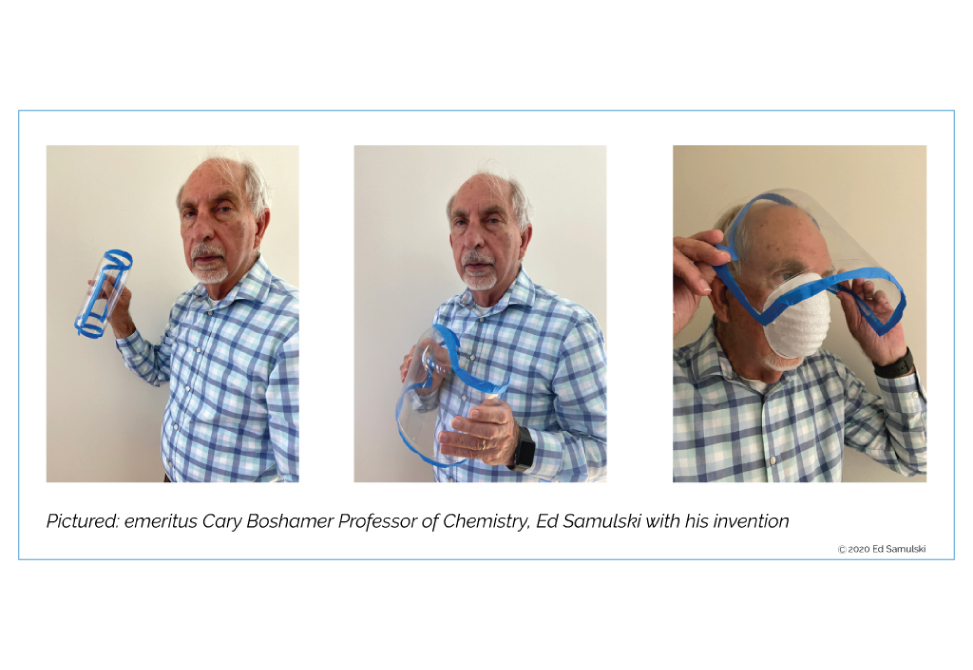
UNC Chemistry Scholar Shows You How to Make a DIY Emergency Face ShieldIn wake of the coronavirus pandemic, a professor at the UNC College of Arts and Sciences created an easy way to make an emergency face shield. Ed Samulski is a emeritus Cary Boshamer Professor of Chemistry and a co-founder of the 3D printing company Carbon. After commiserating with colleagues over the lack of PPE for […]
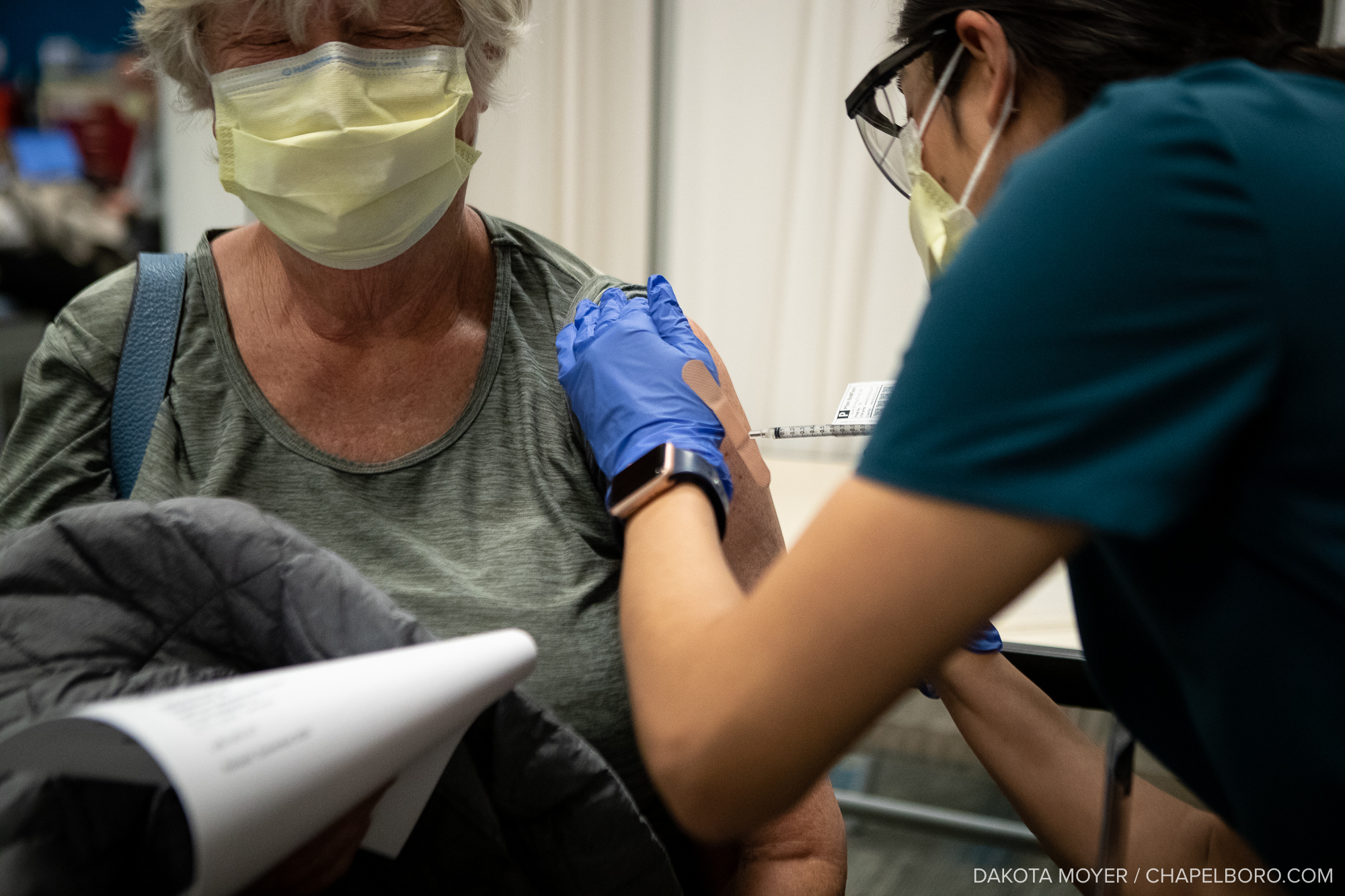
5 Things We Know and Still Don’t Know About COVID, 5 Years After It AppearedCOVID-19 is less deadly than it was in the pandemic’s early days. But the virus is evolving, meaning scientists must track it closely.
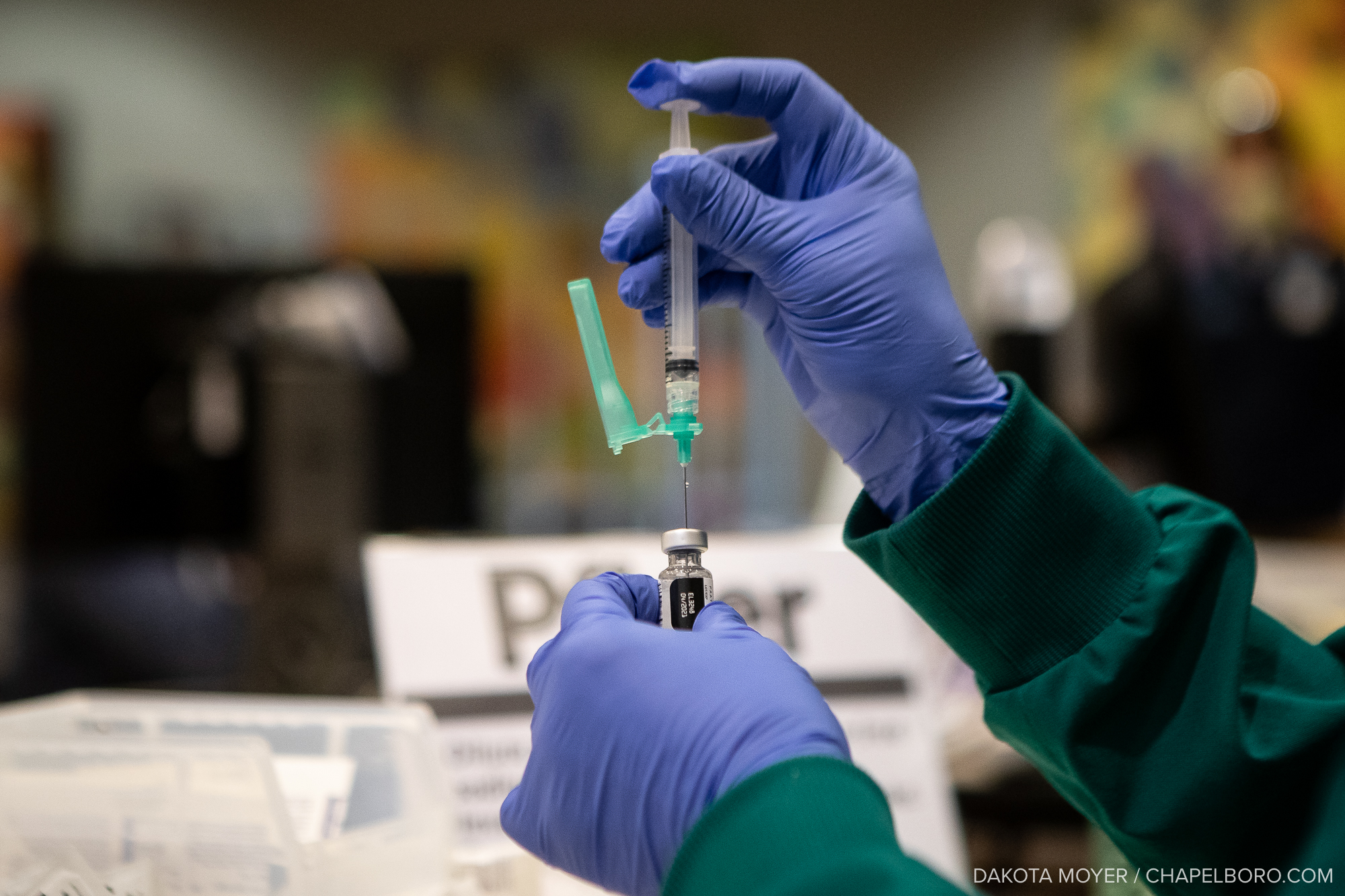
Tracking the Number of Coronavirus Cases in North Carolina 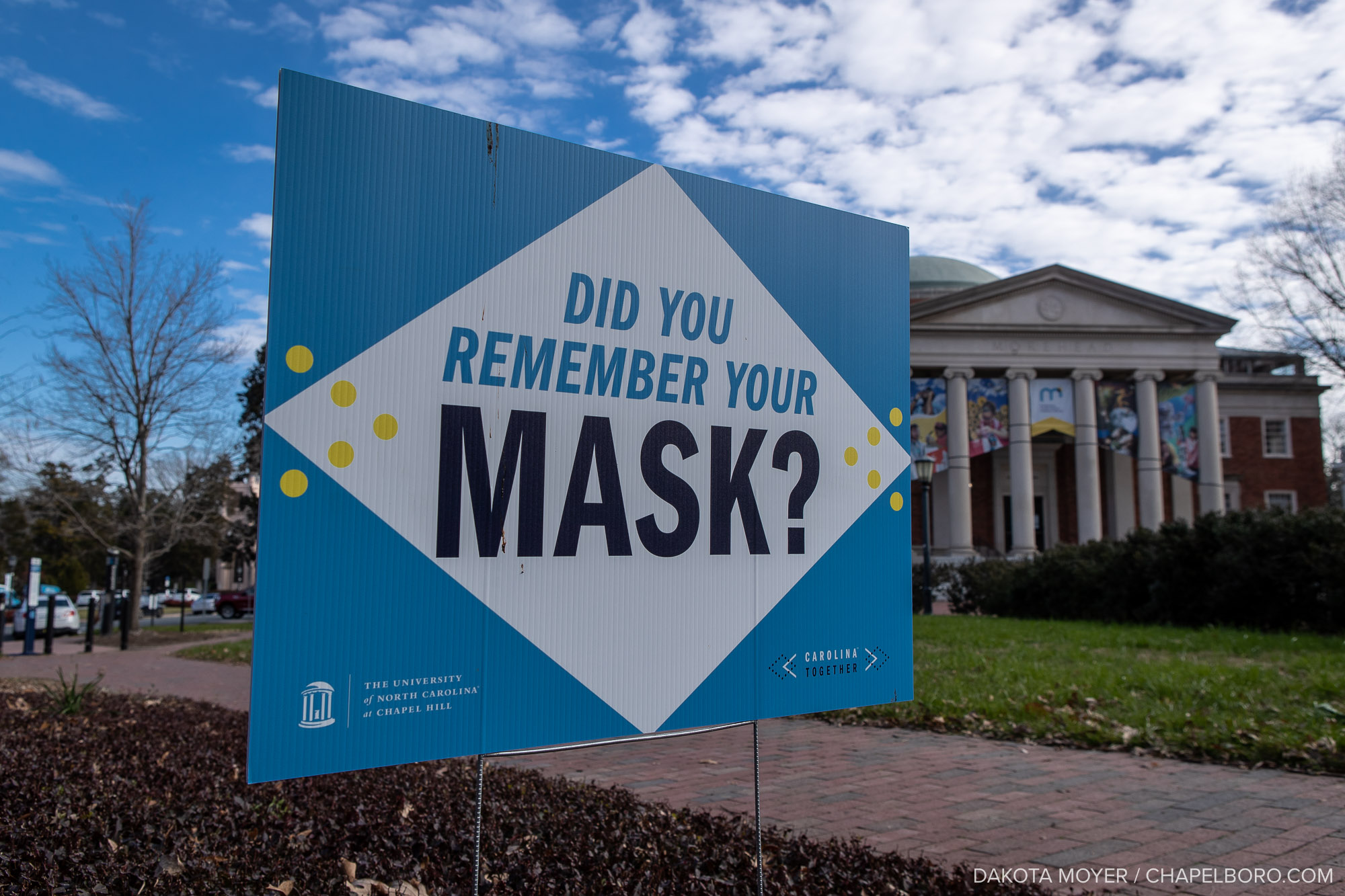
COVID-19 Cluster Reported at UNC's Avery Residence HallUNC has identified a cluster of COVID-19 cases at Avery Residence Hall on campus. This is the second COVID-19 cluster identified at UNC in 2021 and the first since the spring semester began on January 19. Earlier this month, a cluster was identified at Carmichael Residence Hall between students who lived on campus during winter […]
›

